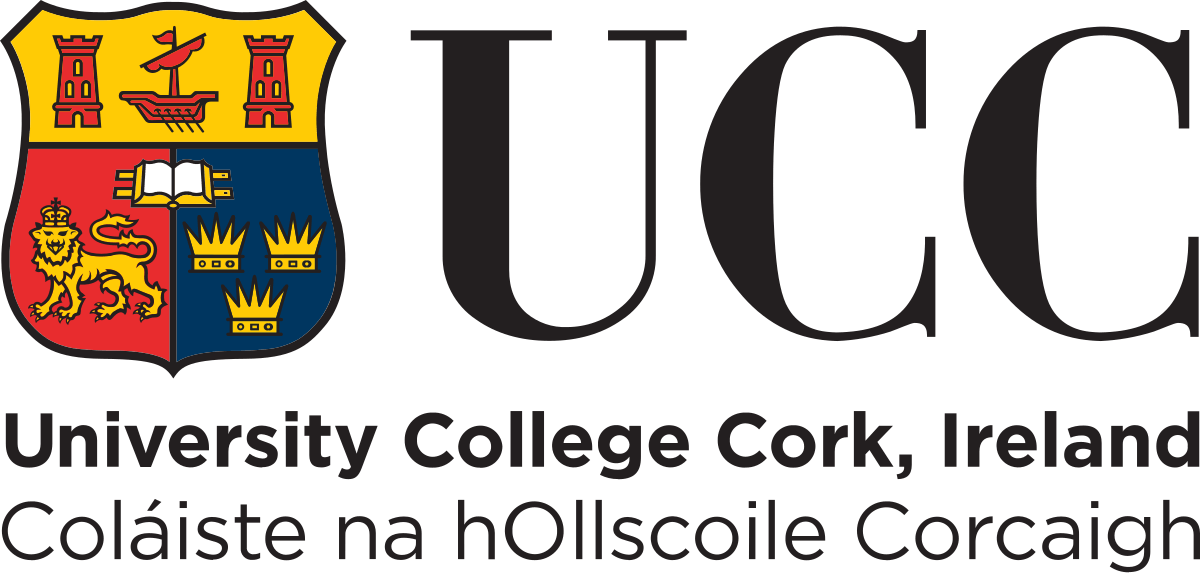MSc in Financial and Computational Mathematics
Key Points
Modern finance increasingly relies on advanced mathematical and computational techniques for modeling the movements of financial and asset markets, the design and valuation of financial derivatives, and portfolio management.
This course provides an appropriately rigorous treatment of the branches of mathematics applicable to financial modeling, including probability measurement theory, continuous and discrete-time stochastic processes, and partial differential equations. It is mathematically challenging and requires prior familiarity with multivariate calculus, differential equations, linear algebra, probability, and statistics. You must also have some programming experience.
The rapid increase in available computing speeds over the past fifteen years has led to the widespread adoption of sophisticated computational methods for financial modeling and the development of algorithmic approaches to trading. market.
Computational methods are an essential part of this course; We provide exposure to relevant software, including Python, R, and C #, and we provide the option to study machine learning, which is becoming an essential and rapidly developing tool in the industry.
Career options
Banking and investment employers require graduates with a deep understanding of the relevant mathematical concepts, as well as the practical and computational skills associated with their application. This course provides both, and is an opportunity for students seeking math degrees that are not specifically financial in nature to continue their studies in advanced math with a financial focus and thereby enhance their employment options. </ Span >
Program structure
In semesters 1 and 2 you can expect to attend an average of 12 hours of lectures and 6 to 8 hours of tutoring and lab sessions per week, which will be distributed in a uniform throughout the working day. The rest of your time will be dedicated to independent study, exercises, and assignments.
Semester 3 will be completely dedicated to a substantial research project that requires you to write, present, and defend a thesis.
Admission requirements
- Candidates must have earned at least an honors degree or equivalent in mathematical science or other highly numbered discipline. </ span>
- Candidates who have earned at least an honors degree in Engineering or Physics may be considered, but are expected to have sufficient experience in college-level mathematics as assessed from the Course Coordinator.
- For international candidates, the foreign equivalent is required. In addition, an officially translated degree will be required.
- IELTS 6.5, with no less than 6.0 in any component (or its internationally recognized equivalent).
Learn more about our educational offer
Request your quote
An advisor will contact you by phone and email within the following hours

